Edições Impressas
26 de outubro de 2021
Magic in Numbers – Level 3
Article published in Joca 179

“Through sheer will, Joca’s financial manager decided to overcome the ‘mathematics nightmare’ to carry on in a career dedicated to numbers”. That was how the siblings Lara and Joaquim C. G., both 7 years old and students at Espaço Pensar, in São Paulo (SP), presented their application for the second edition of the Young Reader Trophy.
The winning pair interviewed Camila Santiago from Joca. The newspaper invited children and teenagers to talk to people about Joca for its 10th anniversary celebration for the 2021 awards.
Check out the introduction of the text written by the winners and their interview with Camila below:
Camila Santiago is 29 years old. She lives in the Southern part of the city of São Paulo, in Capão Redondo, and started at Joca as an intern. She works with numbers, is the financial manager and takes care of the accounting so that the newspaper may reach schools and many other places. The funny thing is that she did not like math, but she decided to overcome challenges, put in a lot of dedication and studied finance which relies heavily on math. She said that few children are interested in her area, and she thanked Lara and Joaquim for the interview. We think that what she does is really cool, because we like math a lot.
What is your involvement with Joca like?
The relationship I have with Joca is one of love and affection, since it was here that I had the opportunity to start working in the financial area.
How and when did you start working at Joca?
I started working at Joca in 2018. I did an internship for a year and, when I graduated from college, I was hired as the financial manager.
How did you decide to work in the financial area?
I had a hard time with maths during school. It was my worst nightmare, I did not like the subject. That is why it took me a long time to decide which career to pursue. I only started college when I was 25 years old. I got it in my head that I wanted to face the difficulty I had with maths, so I decided to choose a course that involved lots of calculations. I chose financial management, and it was the best thing I did, because my trouble went away. Today I am really good at calculus; I learned that, when we are presented with a challenge, we cannot give up. We have to face it. If we have the willpower, we can achieve anything we want.
What school did you go to? Did you read Joca when you studied there?
My entire schooling took place in a public school, at Renata Graziano de Oliveira Prado, which is close to where I live. When I was going to school, Joca did not exist, so unfortunately, I didn’t have the opportunity to read it then.
What does a financial analyst do?
I take care of all the finances, including accounts payable and receivable. When an electricity or water bill arrives at Magia de Ler [the publisher that publishes Joca], I am the one who makes the payment. When we sell a newspaper subscription, I bill the subscriber so we can get paid, issue invoices, bills, keep track of everything we spend and receive.
How does Joca support itself? Where does the money to pay for the newspaper come from?
Today, Joca supports itself with subscriptions by parents and schools.
Which version do people subscribe to the most, the paper one or the online one? Why do you think this happens?
When the pandemic hit, we had a significant increase in online subscriptions, because of people’s isolation and fear of contact. Even so, paper subscriptions did not drop. I think picking up and flipping through a newspaper makes a lot of sense, so there are people who prefer the print newspaper.
Is Joca read throughout Brazil? Which state has the most Joca readers?
Today Joca is present throughout Brazil, in paper or online, and we already have online subscriptions outside Brazil. São Paulo is where we have the most readers.
What is the biggest expense for the newspaper? Is it the paper?
When we think of a newspaper, we think of the paper version first. But newspapers are not just made from paper. We need a team: the printer to do the printing, the company to distribute the newspaper, many professionals, such as the editor-in-chief, journalists, and designers. Labour, or people’s work, is what matters most.
What do you most like about working at Joca?
This is a very welcoming company, this is where I learned everything I know, it’s collaborative, we can always count on our colleagues, we’ve already become a big family, and people are willing to help.
What is the Joca article that you have read that has moved you the most? Why?
Without a doubt, it was the story on the Brumadinho disaster. Some of our staff went there, talked to children and adults, and the reports moved us a lot. Many places are still covered with mud and there are many who lost a loved one.
What is your dream future for Joca?
My dream is for Joca to be accessible to all children in Brazil. I have always believed that education is transformation, and if Joca were to reach all children, I believe that Brazil would be better in the future than it is today.
Questions
1) According to the interviewee, what has the most value at Joca?
a) The cost of the paper
b) The distribution of the newspaper
c) The workforce
d) Expenses with electricity and water
2) Would you like to work with calculations like Camila Santiago? Why?
Ixi! Você bateu no paywall!
Ainda não é assinante? Assine agora e tenha acesso ilimitado ao conteúdo do Joca.

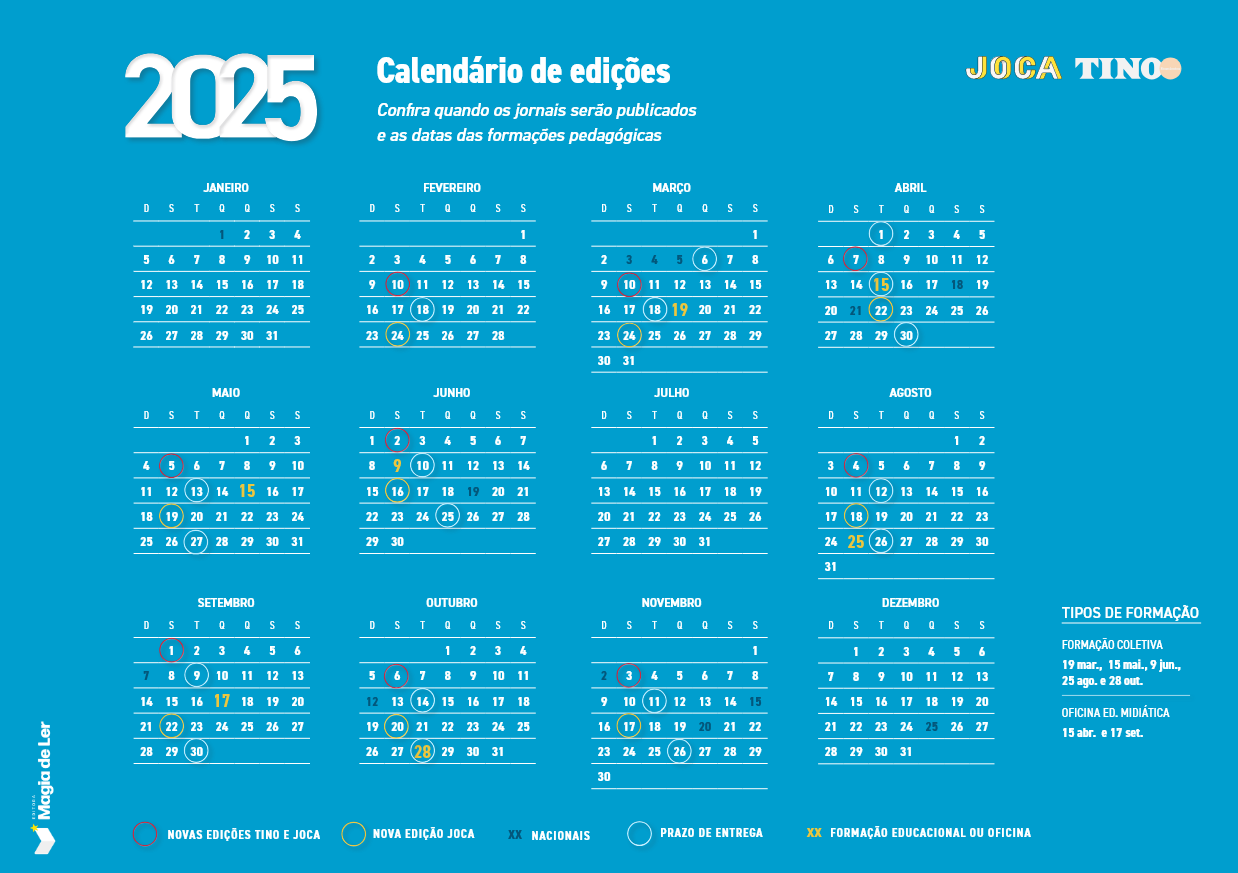
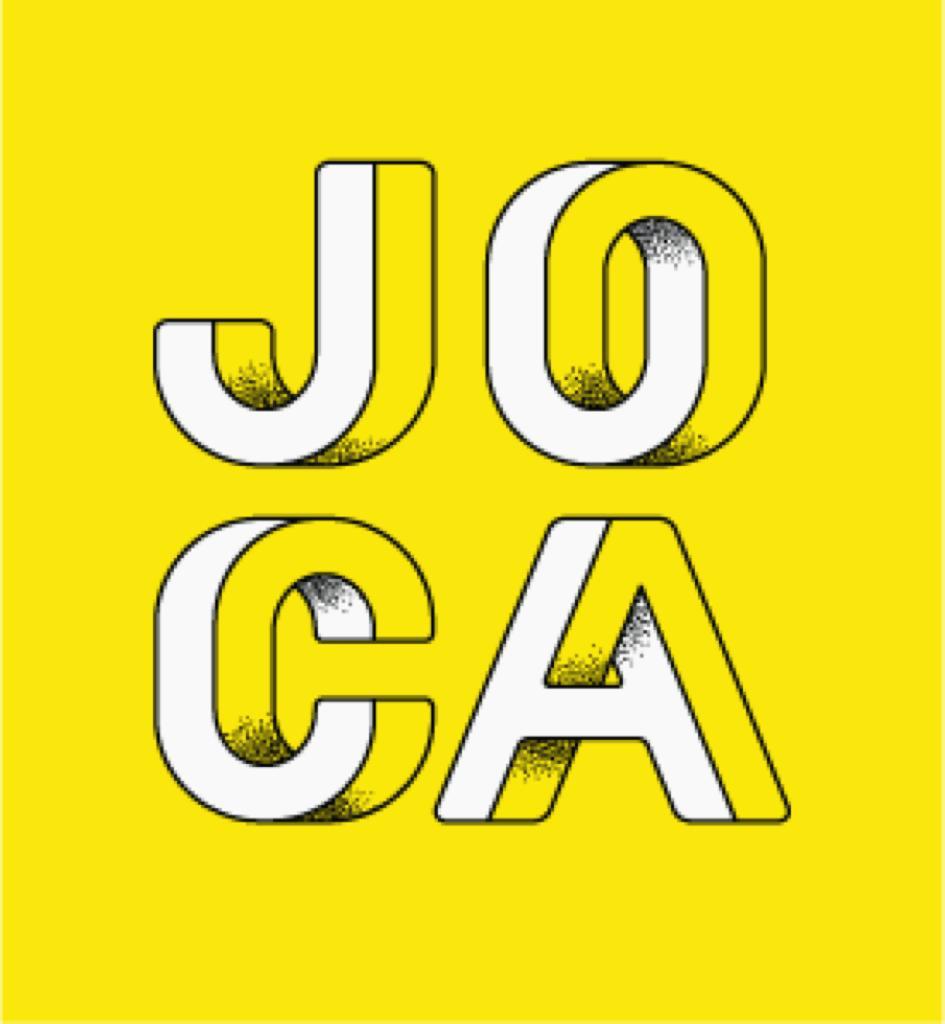



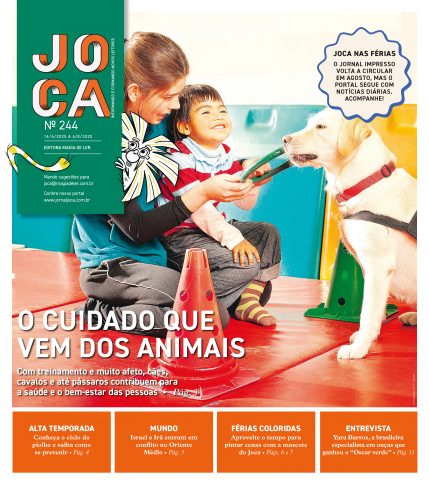

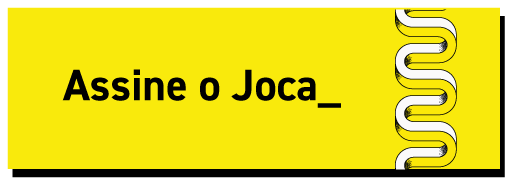


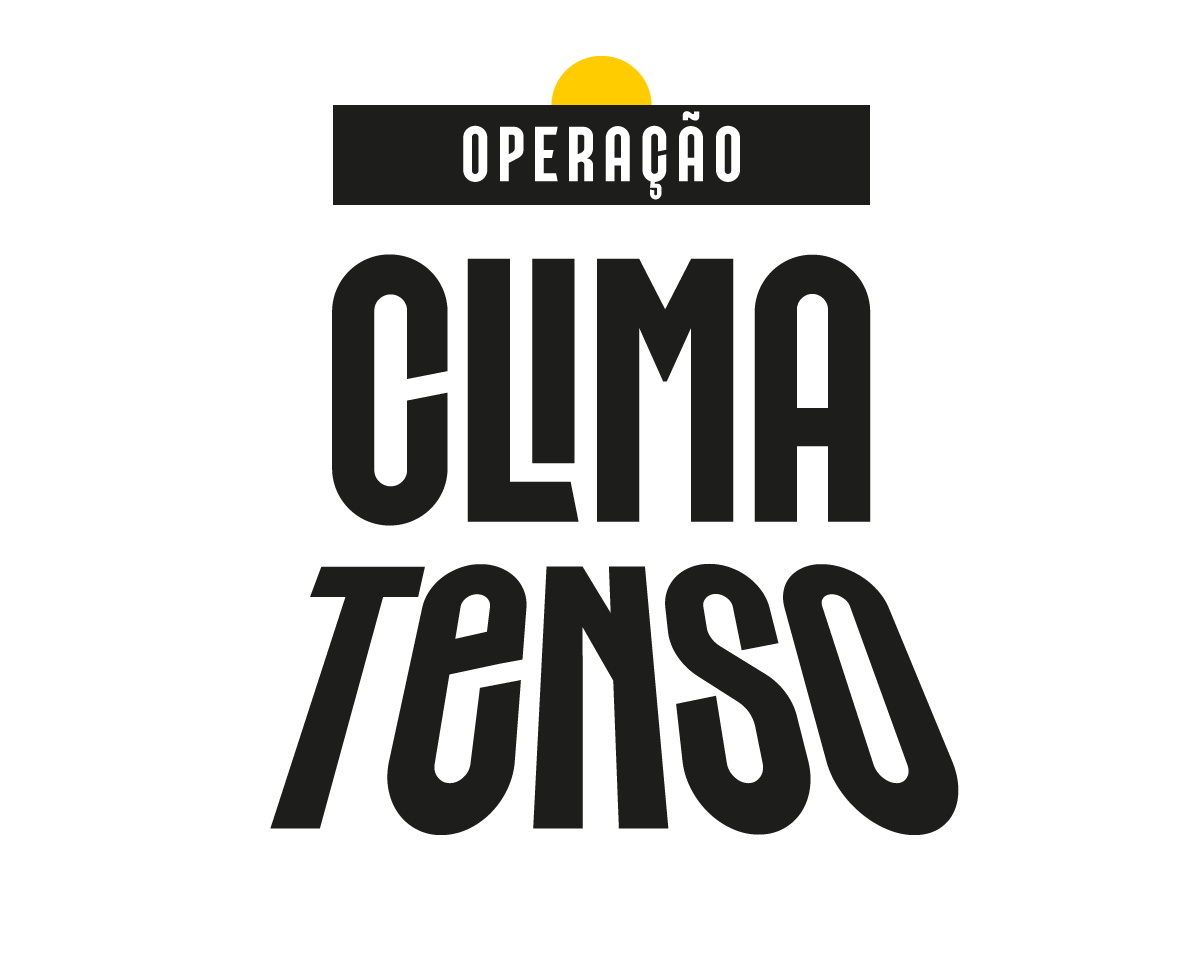
Você precisa fazer o login para publicar um comentário.